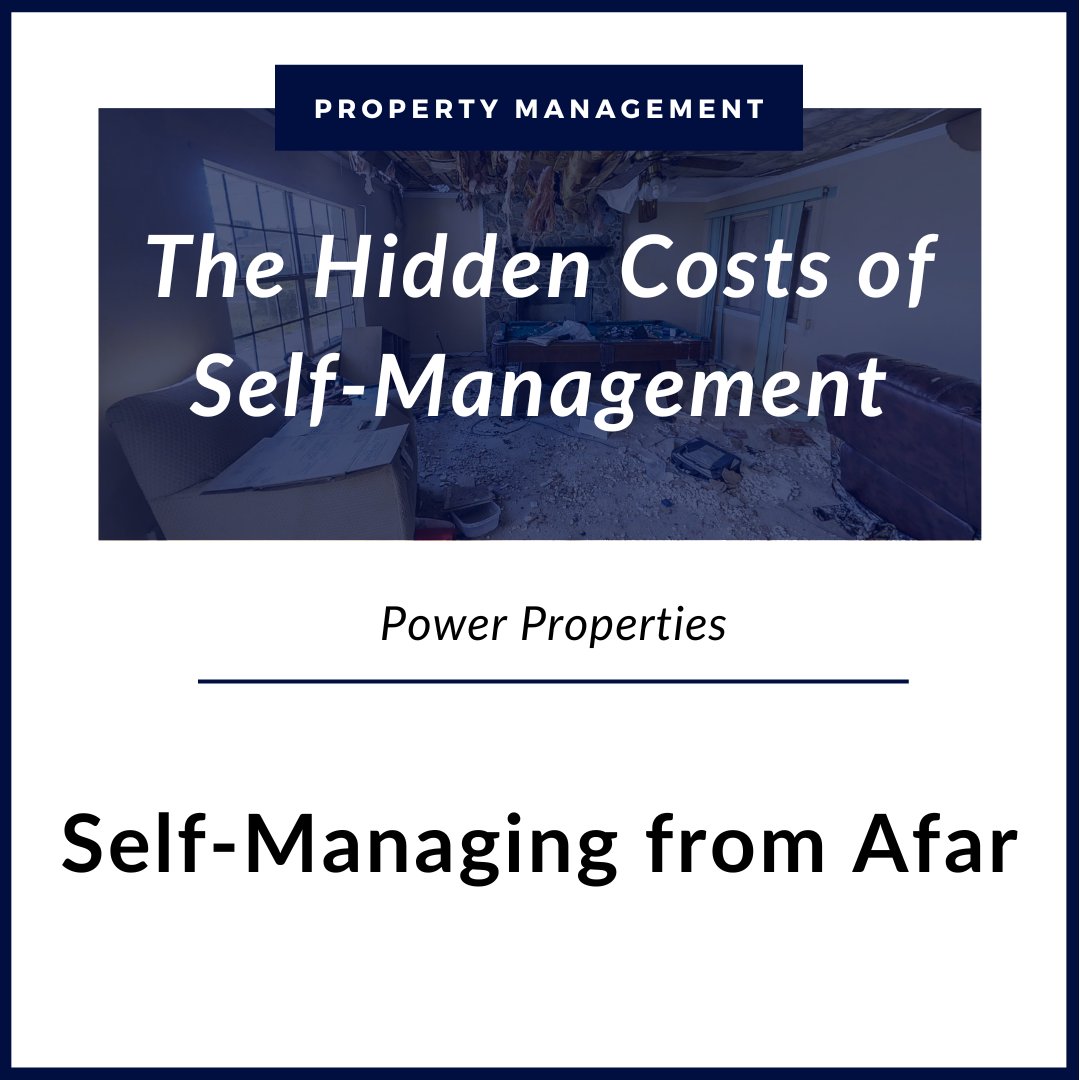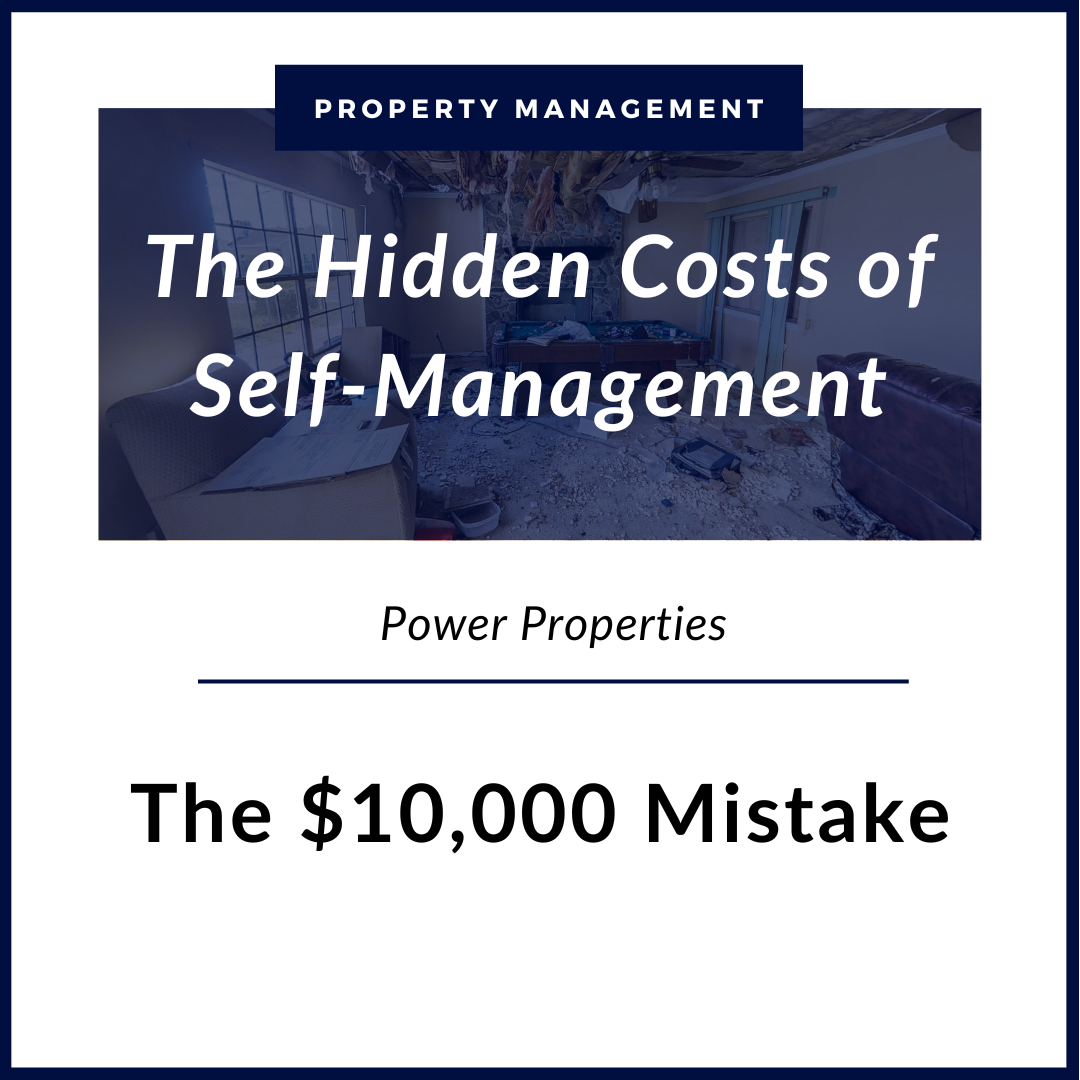Why You Should Invest in Real Estate
Written by Jamie Palmer, President and Broker of Power Properties
Any time you invest money, you should know why you are doing it. Is it to grow the investment, is it to have regular passive income, or a combination of both? You should also have a timeline, is this a short-term investment, less than one year; a medium-term investment, three-to-five years; or a long-term investment, ten-plus years.
Real estate as an investment can provide both capital growth and passive income, and depending on the investment can be short, medium, or long term. Let’s explore some of the benefits of real estate, other than being able to introduce yourself as “Lord, Landlord that is”.
Real estate can provide regular rental income, capital appreciation, you can buy it with borrowed money and then gain equity as the mortgage is paid down, and there are several tax advantages.
Rental income
One of the biggest benefits of owning a rental property is the regular monthly rental income. Each month you receive regular passive income. One of the greatest advantages to rental income is that rent generally follows inflation, so that as the price of goods increases so too does rent. This means you will not lose buying power due to inflation. In fact, in many cases, rental increases outpace inflation (Canada’s inflation target is ~2% annually, while the average rent in Calgary increased an average of 9% a year from 2000-2019). Additionally, you are not drawing down or reducing your capital to collect the passive income, in other words, you don’t have to sell the property to get the money out.
Capital Growth
This means the value of the investment increases over time. You would be hard-pressed to find a city in Canada where the average price of a house hasn’t increased in the past 20 years. There is a proverb “the best time to plant a tree was 20 years ago. The second best time is now.” Like a tree, real estate takes time to grow. This graph shows the price of houses in Canada over the past 15 years.
You can buy real estate with borrowed money. This is by far one of the greatest advantages to real estate as an investment. In most cases, you can purchase the property with a combination of a down payment and a mortgage, so you only have to have enough money for the down payment rather than having the whole purchase price in cash. This has two benefits. The first is that your tenant ultimately repays the loan with their monthly rental payments. As the mortgage is paid down you gain equity in the property. Equity is the difference between what the property is worth and how much you owe on the mortgage. The second benefit is that your return on investment (ROI) is increased by borrowing part of the purchase price. This increase in the rate of return is called “leverage” and will be explained below.
In the above example, the price of the property increased by five per cent. In the cash purchase, the return on investment was five per cent, but in the leveraged purchase, the return was twenty-five per cent. Five times greater than the cash purchase! In fact, in the above example, if you used $400,000 to purchase five properties with an $80,000 down payment for each property, at the end of the year would have gained $120,000, compared to only $20,000 if you used $400,000 for a cash purchase of only one property.
Now many people will tell you that you can purchase stocks or other securities with borrowed money and thus gain the advantage of leverage, which is true, but the difference is that you will have to repay the loan, whereas with real estate your tenant ultimately repays the loan for you.
Tax Advantages
One of the biggest tax advantages of investing in real estate is that gains are not taxed until you actually sell the property. When they are taxed they are taxed as capital gains, which means only half the gain is taxed. This can be further split by owning the property as joint tenants with your spouse, as the gain will be split equally between both of you. Joint tenant ownership has the additional advantage of allowing the property to transfer the other spouse (or partner) upon death, generally without requiring probate of the estate.
Summary
So to summarize, investing in real estate provides capital appreciation, regular passive income, increases your return on investment through leverage, and the appreciation has favourable tax treatment.
If you don’t want to handle the day to day operations of a rental property, you may consider hiring a Property Management Company.
Written by Jamie Palmer, President/Broker of Power Properties Ltd.
Jamie Palmer is the President and Broker of Power Properties. He holds a Certified Property Manager (CPM®) designation, the highest designation in Property Management in North America. He earned an Honors degree from the University of Toronto, and he has over two decades of experience in property management.
Power Properties was established in 1980, and is a member of the Canadian Real Estate Association, the Real Estate Institute of Canada, and the Calgary Residential Rental Association. They currently manage over a quarter billion dollars in residential real estate and collect over one million dollars in rent each month.



































